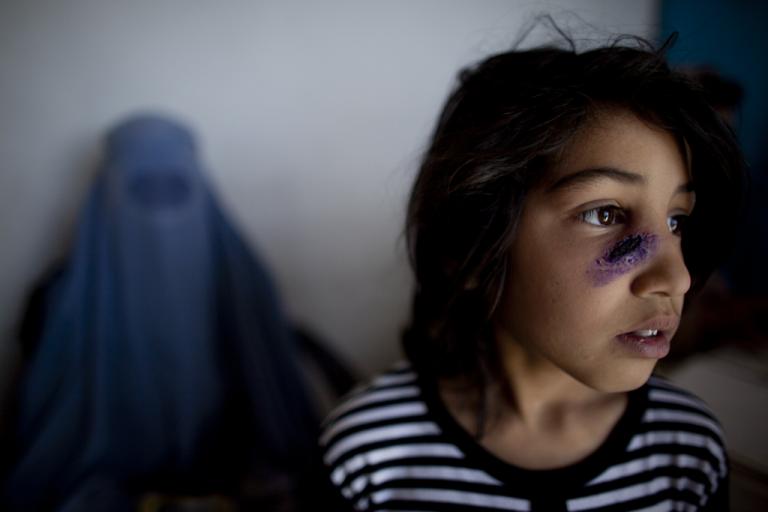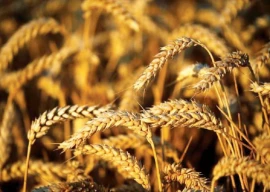
Even though leishmaniasis has turned into an epidemic, the Centre has yet to entertain the provincial health department’s request to register for a licence to produce the drug needed to treat it.
At least 5,550 patients suffering from leishmaniasis were reported from Khyber-Pakhtunkhwa until February 29 and the Khyber-Pakhtunkhwa health department, for over three months, has been requesting the federal government for the registration of a licence. This would allow them to locally manufacture injections to fight and treat the disease. However, the federal government has failed to take any action whatsoever.
In Karak
With 136 cases reported from Karak district alone, the parasitic disease has indeed spread rapidly. Officials dealing with the situation stated 73 men and 63 women had been infected.
They shared the disease was mostly found in Nari Panus and Palosa Sar union councils in Karak and while the health department had sent teams and glucantime injections were administered to the people who had contracted the disease, the injections were short in supply and the number of patients was increasing with each passing day.
“We have told the district health officer to not only educate the public but also apprise them of preventive steps,” a senior health official told The Express Tribune, adding, since preventive measures against leishmaniasis were similar to that against dengue, the areas where patient numbers were increasing were also being fumigated.
Treatment roadblocks
When contacted, Dengue Control Programme Head Dr Khalid said people suffering from leishmaniasis belonged to different districts of K-P.
“We have registered over 5,550 cases in the province until February 29 and have also submitted a detailed report to officials who were going to take appropriate steps,” Khalid told The Express Tribune.
However, he added, the federal government was not allowing the registration of medicines in the country for production which has been the main hurdle in curing patients. “We requested the federal government almost four months ago but it has yet to give any positive response,” said Khalid.
“The difference between leishmaniasis and dengue is that the wound does not heal until an injection is administered in the case of the former,” he said. Khalid added only the World Health Organization (WHO) could provide the injections and the health department has been pursuing the case with the federal government for a while. He added the department will be persistent so local manufacturing can commence.
“While only the most common form of leishmaniasis—cutaneous—is found in Pakistan, injections were needed in abundant supply.” Khalid added around 300 injections had been recently sent to affected districts.
A parasite
Leishmaniasis is caused by a protozoa parasite and is transmitted to humans by the bite of infected female phlebotomine sand flies. Over 90 sand fly species are known to transmit leishmaniasis parasites.
There are three main forms of the disease, visceral (the most serious form of the disease), cutaneous (the most common and the only kind found in Pakistan) and mucocutaneous. According to the WHO media factsheet, malnutrition, population displacement, poor housing, a weak immune system and lack of resources serve as catalysts for the disease.
Published in The Express Tribune, March 15th, 2016.




















1714024018-0/ModiLara-(1)1714024018-0-270x192.webp)

















COMMENTS
Comments are moderated and generally will be posted if they are on-topic and not abusive.
For more information, please see our Comments FAQ